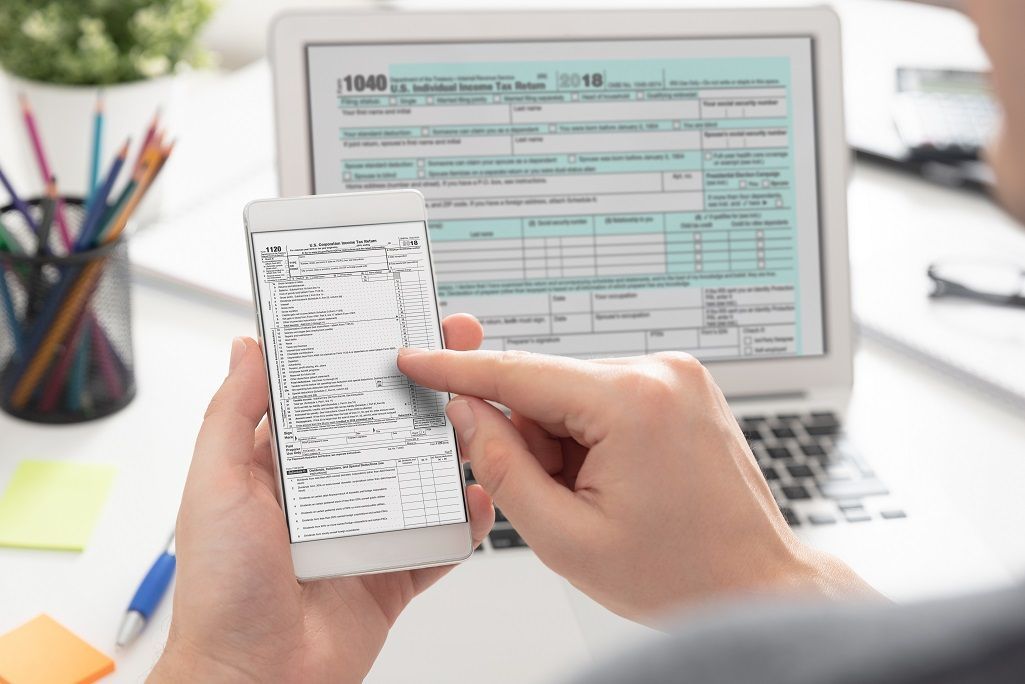
Over 2 million + professionals use CFI to learn accounting, financial analysis, modeling and more. Unlock the essentials of corporate finance with our free resources and get an exclusive sneak peek at the first chapter of each course. Start Free
Electronic filing, or e-filing, refers to the process of filing one’s taxes electronically, using online software approved by the relevant tax authority of the respective country.

E-file is sometimes restricted to certain professionals and/or businesses with a minimum annual income cap. Whether individuals, small businesses, and other professionals are allowed to e-file depends from country to country, and sometimes even within a country, province by province, depending on the tax regulations and government rules.
Electronic filing is becoming increasingly popular because of the wide array of benefits it brings to the table:
E-filing has brought about increased flexibility in the filing of taxes and is a lot more convenient since one’s taxes can now be filed from the comfort of their home or workspace at their own time. They can do it whenever they wish to, as it no longer serves to be a 9 to 5 task.
E-filing saves a huge amount of time and money. When taxes are e-filed, whether it be for businesses, professions, or individuals, the data is directly transmitted online from the e-filer’s servers to the tax agency’s servers. The process saves a lot of time and money from transferring data from paper to online input and saves the agency from making transmission errors.
E-filing also reduces time and effort for both the tax agency and the taxpayer because it is generally much easier and faster to process e-file tax returns than paper returns, thereby saving a lot of time on both ends.
Since transmission errors and the like can be avoided through e-filing, it leads to increased data records accuracy and the overall tax filing process.
E-filing leaves less room for manipulation of data records and window dressing. With e-filing, online data availability and interconnectivity are much more profound, and linking or tracing data back to a tax-paying unit is made much easier and faster with e-filing.
E-filing has also led to increased authenticity to the process of tax filing and increased accountability on both the tax agency and the taxpayer. Paper filing is slightly more ambiguous because there is high ambiguity on the receipt of tax papers and tax records.
With e-filing, notification throughout the tax filing process and/or confirmation of receipt or rejections are delivered within 24 hours, thereby increasing the level of certainty of the entire process. It makes it less ambiguous than it usually is via the paper filing method.
While there are innumerable benefits to electronic filing, it also comes with certain limitations, such as:
E-filing is an easy task for trained professionals or tax agents. However, the use of e-filing software is not taught everywhere and hence can be complicated to use for tax-paying units that file their own taxes without using the services of a tax agent or a trained professional.
Additionally, since it is a relatively new process, the knowledge of e-filing is not widespread. Not many individual tax-paying units are aware of the knows-and-hows of the e-filing process.
E-filing involves a tax filer to put their faith in the security of their internet connection, the software, the hard disk with data, etc.. Still, electronic systems are not short of security breaches.
The process involves the storage of highly sensitive financial data electronically. A hard disk crash could lose all data; an unethical hack could potentially make one incur massive losses, and so on. Security is one of the biggest concerns that come with e-filing.
CFI is the official provider of the Commercial Banking & Credit Analyst (CBCA)™ certification program, designed to transform anyone into a world-class financial analyst.
To keep learning and developing your knowledge of financial analysis, we highly recommend the additional resources below:
Learn accounting fundamentals and how to read financial statements with CFI’s online accounting classes.
These courses will give you the confidence to perform world-class financial analyst work. Start now!
Boost your confidence and master accounting skills effortlessly with CFI’s expert-led courses! Choose CFI for unparalleled industry expertise and hands-on learning that prepares you for real-world success.